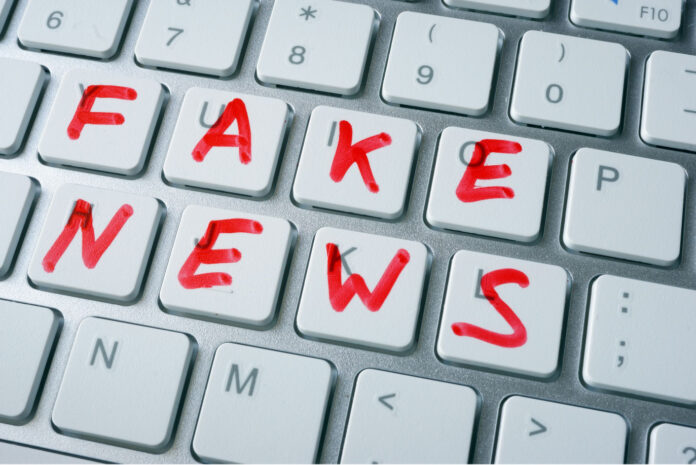The federal government announced and later aborted the creation of monitoring for transactions via Pix above R$ 5.000 for individuals and R$ 15.000 for companies, measure aimed at combating tax evasion. The decision generated strong negative repercussions, driven by misinformation, as conveyed in a video by Deputy Nikolas Ferreira (PL-MG), highlighting the impact of fake news on communication, in social behavior and even in public policies, how the drop in the use of Pix and the retreat of the measure
To address these issues, it is essential to highlight initiatives and tools to combat misinformation and reinforce the importance of critical information consumption, both at the individual and institutional level
For Antônio Rocha Filho, journalism professor at ESPM, it is not the first time that major events are impacted by misinformation. One of the most well-known episodes occurred in the 2016 American elections, when the information circulated that Pope Francis was supposedly supporting Donald Trump's candidacy against Hillary Clinton, what was later denied.”
The advancement of technology and the use of artificial intelligence further expand the possibilities of spreading misinformation. According to Rocha Filho
The advancement of artificial intelligence tools has worsened the spread of misinformation, with manipulated content, like false voices and images, surpassing the checking capacity. This scenario is intensified by Meta's recent decision to suspend fact-checking in the US and by the lack of progress in regulation in Brazil, how the fake news project in Congress. The fight requires media education, promoting critical thinking from basic education, and efficient regulation to mitigate the impacts, especially in the political field.”
Ricardo Gandour, researcher and also journalism professor at ESPM, complement
The fragmentation of communication has intensified in the last 10 years. З одного боку, we have the healthy universalization of access to information. On the other, the dangerous spreading of fabricated information to confuse, representing a risk to institutions and democracy.”
The data from the 21st edition of the Political Panorama survey, of the DataSenate Institute, reinforce the seriousness of the problem. The research revealed that 72% of social media users in Brazil have come across news they consider false in the last six months, a disturbing fact on the eve of the 2024 municipal elections. Furthermore, half of the respondents reported difficulty in identifying false content, highlighting the need for greater media education


